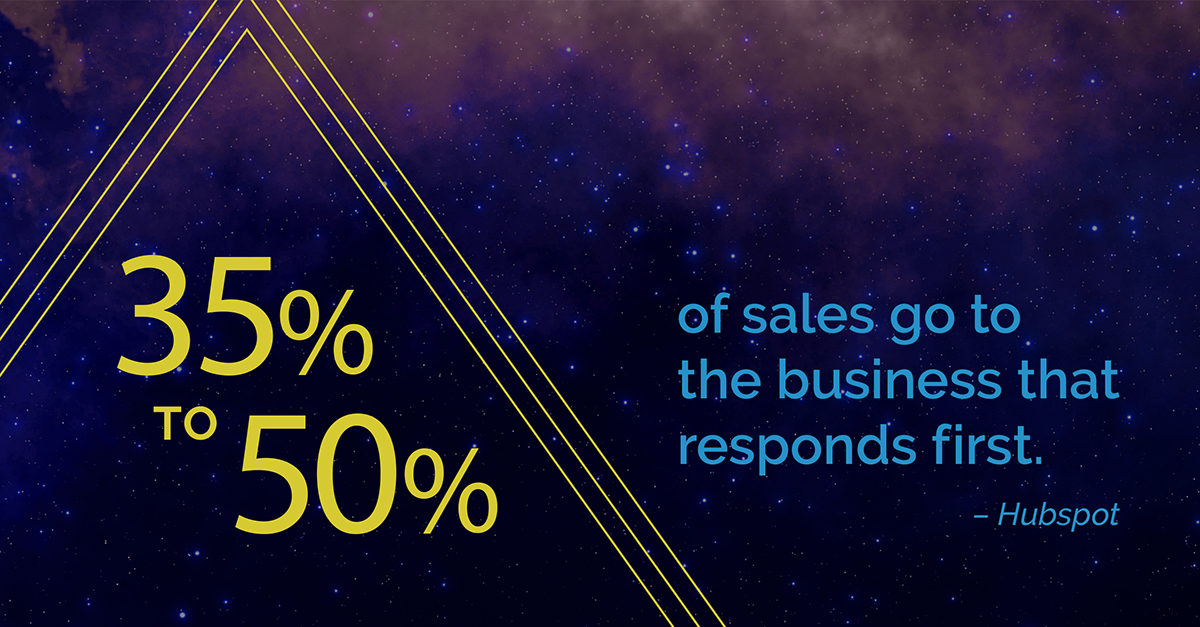Executive Q&A: Healthcare and compliance
How marketing can create dynamic strategies for distributed sales networks
We’ve seen too many inefficiencies fly under the radar and hold companies back. Our expertise in through-channel marketing and field sales support enables small marketing teams to support distributed sales forces at scale.


“Ugh.”
That’s the universal sound of a sales rep who’s just received a gentle reminder to make sure all sales materials meet compliance guidelines.
Compliance issues have long triggered a negative reaction from field sales reps in highly regulated industries — after all, they want to meet their customers’ needs and demands as quickly as possible. (Remember: 35 to 50 percent of sales go to the business that responds first.) In the absence of on-brand, compliant sales materials, field reps have created their own on the fly, which doesn’t, um, fly in insurance, healthcare, financial services and other regulated sectors.
In such industries, sales materials must be reviewed by a qualified expert or attorney before going to a prospect. A maverick salesperson creating his or her own materials doesn’t have this luxury, which can create serious legal and economic issues for organizations in regulated industries.
Fortunately, good CRM and sales enablement platforms help provide salespeople with the properly branded compliant materials they need in near-real time. The truth is, though, human error is still a factor, particularly with the ever-present need for customization.
So what’s the solution? Based on what we’re seeing at Triptych, I expect to see B2B firms using artificial intelligence to close the human error gap — and the research backs me up.
For instance, the financial services industry has used AI to deal with risk and compliance with some success. Here’s what Chartis Research has to say:
Financial institutions, responding to massive data burdens and onerous regulatory requirements, have turned to AI, using it to segment data sets and tune their analytics. Historically, financial institutions have used AI techniques in areas such as credit card fraud, but gradually usage is spreading. AI is proving particularly effective in areas that involve large numbers of documents and repetitive processes.
That’s great for financial institutions, but how does this translate to B2B? Ankura explains it neatly: “AI has the promise to radically enhance an organization’s ability to comply with applicable regulations by allowing companies to marry human expertise with the almost limitless capability of computer systems to consume large sets of data and reduce problem complexity.”
Here’s the bottom line: The average cost for organizations that experience non-compliance-related problems is $9.4 million.
Recognizing how AI can help buffer against critical compliance violations, B2B firms must begin to embrace the notion that compliance is something that you not only have to account for, but also that it is critical to the success of your overall business.
Interested in more? Download our latest white paper “2020 foresight: Three big predictions for the shifting B2B space.”

How marketing can create dynamic strategies for distributed sales networks
 Read More
Read More